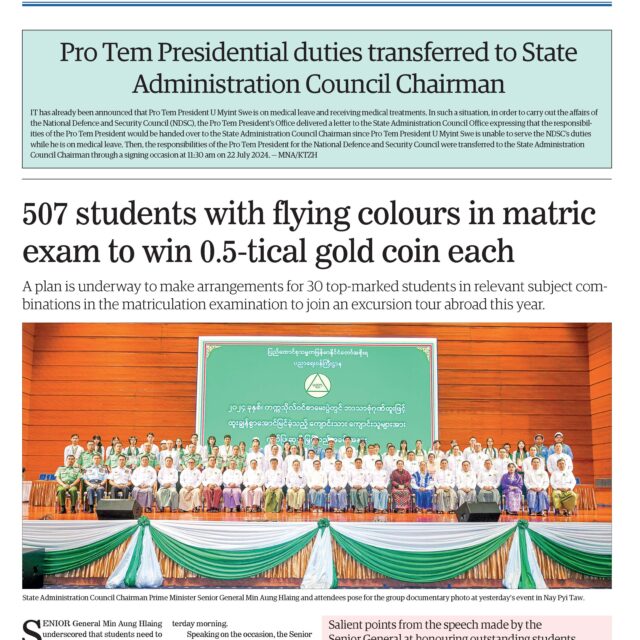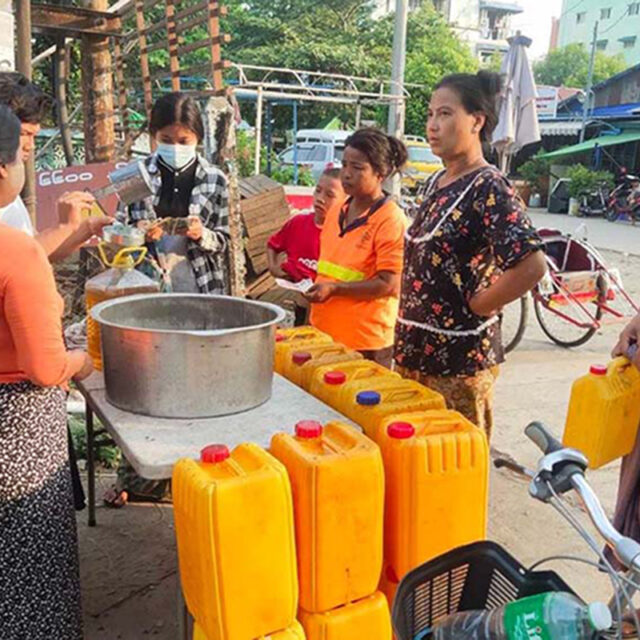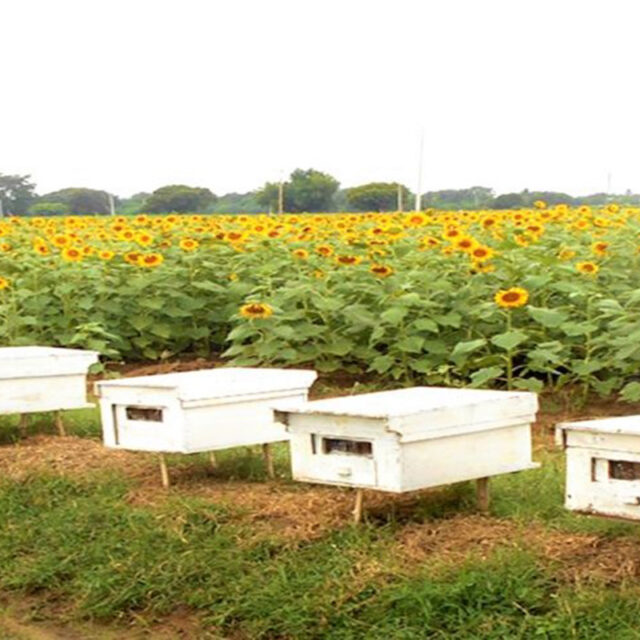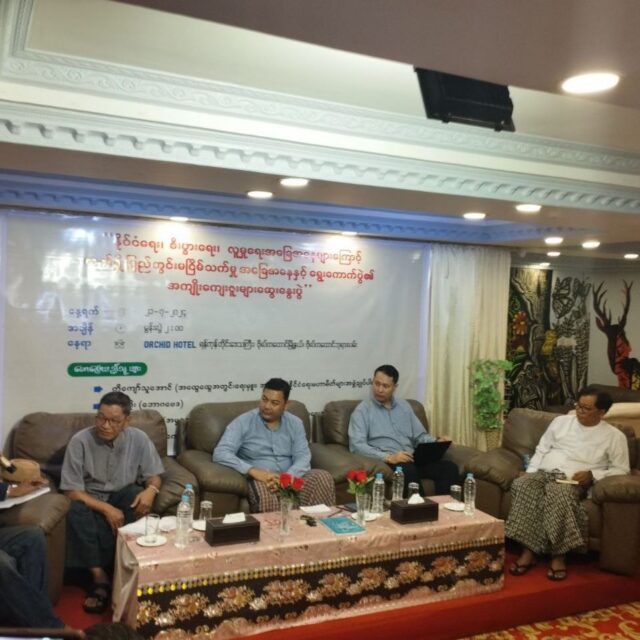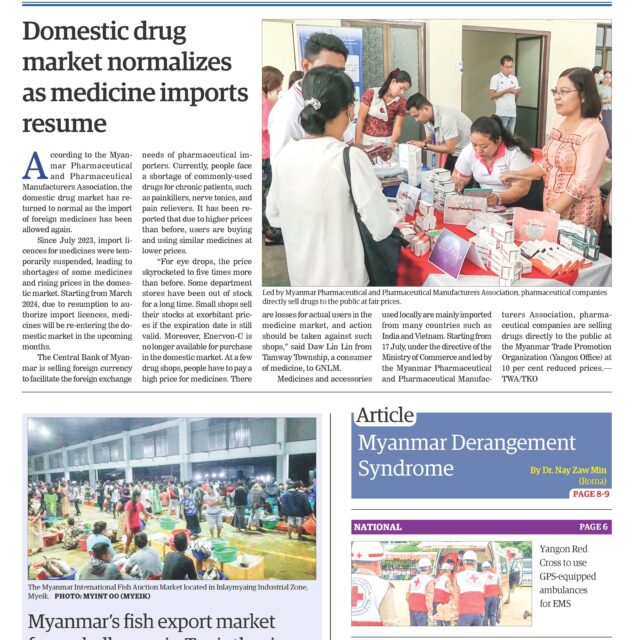Can anyone tell me why an economy the 2o times the size of Myanmar, i.e., Singapore, can do alright with just three big local banks while Myanmar has to have nearly 50? I also would like to know the rationale behind why we need to accommodate almost 100 political parties and why the countries next door, such as Thailand, Malaysia, etc., can do with just a couple of large ones.
This concept of the more the merrier is doing the country no good, neither politically nor economically. Let me tell you why …
First, it shows our own inability to work together to grow bigger and better and implies a lack of national unity. Why cannot we trust just a few big banks and the ability of CBM to manage four or five of them effectively? When the whole world banking system tries to favour the concept of the bigger, the better, we might just be heading in the opposite direction. Ask every rich person in Myanmar what they want to do after they start having a bit of spare money. Opening a bank would be one of the top choices. Motivation to get money from the public as deposits to be used for his ventures elsewhere may be a simplistic point of view, but it is not hard to fathom if one considers that every single association of most trades wants to open a bank, too. Livestock and fisheries got a bank, minerals got a bank, tourism got a bank, farmers got a bank, housing and construction got a bank, and even microfinance got a bank. What is next then, Education Bank, CMP Bank, Transport Bank, Edible Oil Bank, Rice Bank, Corn Bank? Where does it end? The smaller banks exist in Myanmar just to sustain the coffers of the owners and do not serve the interests of the depositors. CBM may claim all the banks are back to normal; try to withdraw more than K5 million from your own account from smaller banks such as GTB or SMEDB. You would be pleasantly surprised!
Secondly, the regulator has to lower the standards of qualifications for registration or licensing criteria for continued existence to ensure that the mini-mouses continue to stay relevant in the game. In the banking regulations, LAW requires banks to produce annual reports (financial statements) for the public. One wonders how many are making these yearlies for the general public and potential depositors and investors. What action has CBM taken other than excusing them for total non-compliance? The smaller banks either lack resources or expect the government to treat them leniently for being small. How can we ever become a country of law and order if financial regulations can be optional? The same is true with political parties’ registration. To join any elections as a potential MP (Member of Parliament), a person must put up a deposit of S$15,000 to the government to prevent village idiots from wasting everyone’s time.
Furthermore, if that person fails to gather at least 10 per cent of the vote in the constituency that he is contesting, he would lose all of the deposits. In Myanmar, the bar set for political party registration and MP qualifications is so low that any Tom Dick and Harry can join the elections. Citizens may also wrongly be voted on popularity and how well the person can BS instead of merits and real qualifications. With much anecdotal evidence in the elections of 2015 and 2020, where the mass crowd equated being poor to being honest and correlated, is able to criticize and talk crap with the competence needed to run a government department or ministry.
Third, the more the merrier concept adds extra administrative burdens to the government and increases the incidences of non-compliance. While the bigger banks or political parties have sufficient resources to set up compliance departments or managers, the smaller counterparts do not have the deep pockets to do likewise. As such, it became customary to expect more incidences of non-compliance from them, further tying the government down with matters of triviality that do not contribute to economic growth.
Fourth, why are we not comparing ourselves with the countries we need to catch up and emulate their success stories? Singapore became the first world a long time ago. Bangkok is becoming a first-world city. At least we should set ourselves high standards by at least comparing as a minimum to the Thais and how they have managed to grow much with a lesser number of banks and political parties and not get their economy affected by successive changes in government and numerous coups.
Last, for certain industries and certain associations, the opposite of the more the merrier is true, i.e., the bigger the better. For utilities, banks, property developers and political parties, the country and the economy are best served by bigger corporations with stronger reserves rather than SMEs. SME development is better served in specific industries that promote their growth, such as health and wellness, services, construction, etc.
Just like having children, it is not necessarily the merrier, but the fewer, the better fare here. Let’s try not to please every business person and politician who asks for favours and, for once, favour the country to provide a platform to compete and give vital impetus to the much-needed economic growth.
The More the Merrier or What?
- July 23, 2024
- 7





